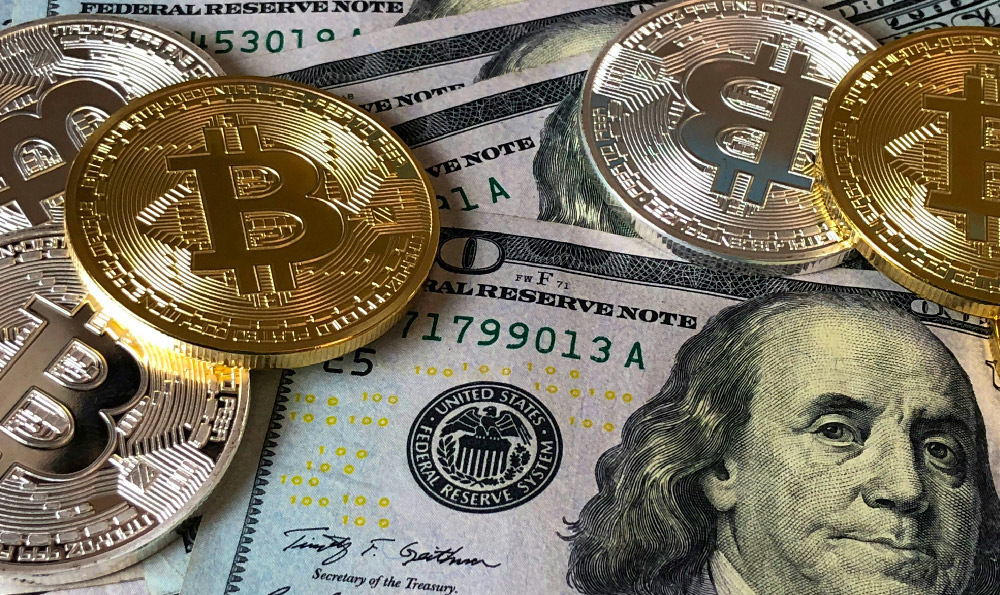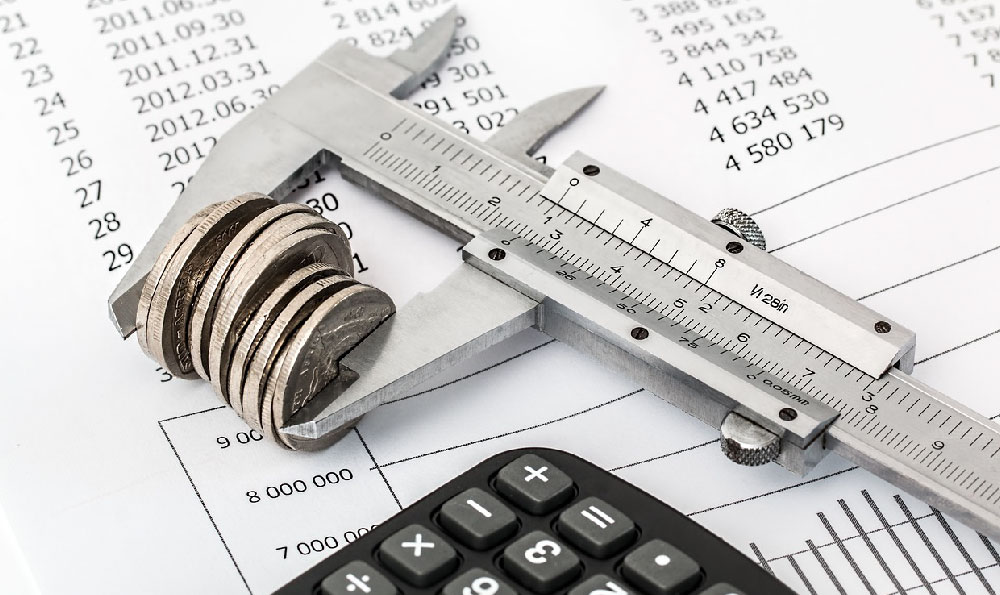The notion of guaranteed income, particularly when linked to a specific profession like barbering, is a complex one. While some professions, including skilled trades like barbering, can offer a pathway to financial stability and even prosperity, the idea of a guaranteed good income is an oversimplification that overlooks a multitude of crucial factors. To truly understand the income potential of barbering, one must delve deeper into the dynamics of the profession and the market forces at play.
Firstly, the definition of "good income" is subjective. What one person considers a good income might be significantly different for another, depending on their lifestyle, financial obligations, and personal aspirations. A barber living in a rural area with low cost of living might consider a modest income of $40,000 sufficient, while a barber in a bustling metropolitan area with high rents and expenses might require a six-figure income to feel financially secure. Therefore, the starting point for any discussion about income potential should be a clear understanding of the individual's financial goals and needs.
Beyond personal definitions, several factors directly influence a barber's income potential. Location is paramount. Barbers in affluent neighborhoods or cities with high demand for grooming services generally command higher prices and attract a more discerning clientele, leading to higher earnings. Conversely, barbers in economically depressed areas or areas with an oversupply of barbers may struggle to attract customers and must compete on price, limiting their income potential.

Experience and skill are also critical determinants of income. A newly licensed barber, fresh out of barbering school, will likely earn less than a seasoned barber with years of experience and a loyal clientele. Mastery of advanced techniques, such as intricate fades, beard sculpting, and razor work, can also justify higher prices and attract clients willing to pay a premium for specialized services. Building a strong reputation and a loyal customer base takes time and effort, but it is essential for long-term financial success.
Another significant factor is the barber's employment arrangement. Barbers can work as employees in salons or barbershops, rent a chair within an existing establishment, or operate their own independent barbershops. Each arrangement has its own set of financial considerations. Employees typically receive a percentage of their earnings, usually around 40-60%, while the owner retains the rest to cover expenses and profits. Chair renters pay a fixed monthly fee to use the space and keep all their earnings, but they are responsible for their own supplies and marketing. Independent barbershop owners bear the greatest financial risk, as they are responsible for all expenses, including rent, utilities, insurance, and inventory, but they also have the potential to earn the highest profits.
The ability to build and maintain a strong clientele is arguably the most crucial factor in determining a barber's income. Exceptional customer service, strong communication skills, and a genuine interest in clients' needs are essential for fostering loyalty and encouraging repeat business. Word-of-mouth referrals are invaluable in the barbering industry, and satisfied customers are the best form of advertising. Barbers who excel at building relationships and creating a welcoming atmosphere are more likely to retain customers and attract new ones.
Marketing and self-promotion play an increasingly important role in attracting clients. In today's digital age, barbers need to be active on social media, showcasing their work and engaging with potential customers. Building a professional website, offering online booking, and running targeted advertising campaigns can also help to expand their reach and attract new clients.
Moreover, diversification of income streams can significantly enhance a barber's financial stability. Selling grooming products, offering additional services such as scalp treatments or facial waxing, and teaching barbering classes or workshops can all provide supplementary income. Staying current with industry trends and continuously improving one's skills are also essential for maintaining a competitive edge and attracting a broader range of clients.
It is also important to consider the economic climate and its impact on the barbering industry. During economic downturns, people may cut back on non-essential expenses, including haircuts. Conversely, during periods of economic growth, people may be more willing to spend money on grooming services. Barbers need to be adaptable and prepared to adjust their pricing and services to meet the changing needs of the market.
Finally, it's crucial to address the investment in education and training required to become a licensed barber. Barbering schools can be expensive, and tuition fees can range from several thousand to tens of thousands of dollars. However, a quality barbering education is essential for acquiring the necessary skills and knowledge to succeed in the profession. Graduates should also consider the cost of licensing fees and continuing education requirements.
In conclusion, while barbering can be a rewarding and lucrative career path, it does not guarantee a good income. Success in the barbering industry depends on a complex interplay of factors, including location, experience, skill, employment arrangement, client base, marketing efforts, and economic conditions. Individuals considering a career in barbering should carefully research the market, assess their own skills and abilities, and develop a comprehensive business plan to maximize their income potential. Hard work, dedication, and a commitment to continuous improvement are essential for achieving long-term financial success in this demanding but potentially rewarding profession.












